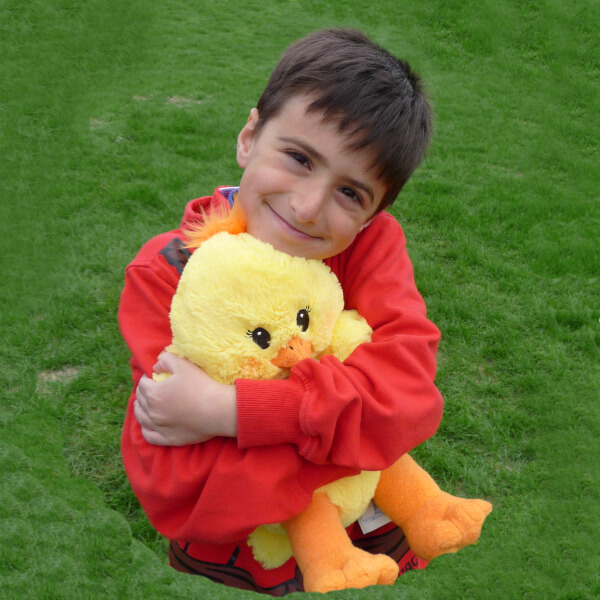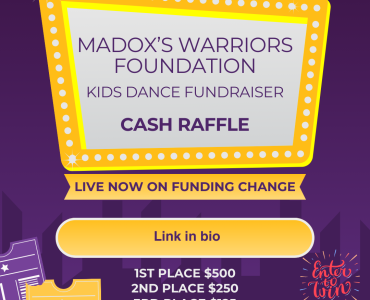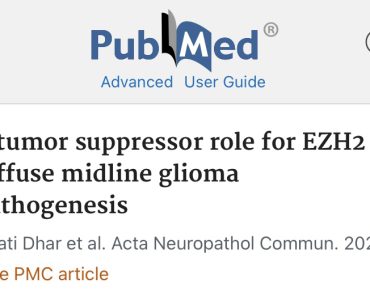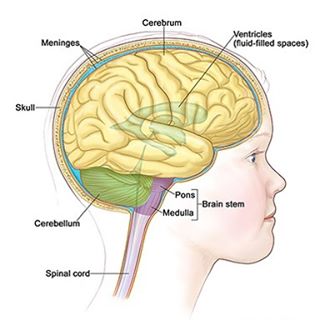Be a Warrior! Help us Fight DIPG!
Be a Warrior! Help us Fight DIPG!


WIN SOME CASH while supporting a local charity! Madox’s Warriors is a Winnipeg non-profit registered charitable foundation. We build awareness and fund future changing research, prioritizing effective treatments for pediatric brain cancer, specifically diffuse intrinsic pontine glioma (DIPG). Proceeds from this raffle supports researchers in finding a cure and better treatment for pediatric brain cancers. Be a Warrior! Tickets and all information &…
Read More
Come support a fun Saturday morning in either a 5K walk/run or a 10K run! All for a great cause! Dress up as your favorite hero or villian!
Read More
CLICK HERE TO BUY TICKETS COST: $15 each (General admission, adults and kids)COST: $0 each (Kids under 3 free, but still require a ticket) Come join us for a fun-filled dance event to support a great cause! We raise awareness for childhood brain cancer and raise funds for childhood cancer research, specifically DIPG. Madox’s Warriors…
Read More
The link below is from a recent research publication highlighting the understanding of the molecular underpinnings of several types of pediatric brain tumors. A tumor suppressor role for EZH2 in diffuse midline glioma pathogenesis
Read MoreDIPG, or diffuse intrinsic pontine glioma are highly aggressive and difficult to treat brain tumors found at the base of the brain. They are glial tumors, meaning they arise from the brain’s glial tissue—tissue made up of cells that help support and protect the brain’s neurons. These tumors are found in an area of the brainstem (the lowest, stem-like part of the brain) called the pons, which controls many of the body’s most vital functions such as breathing, blood pressure, and heart rate.

DIPG makes up 10-15% of all brain tumours in children, with about 30 new diagnosis per year in Canada and 200-300 in the United States.
Life expectancy remains at 9-12 months, with only a few children living past 2 years.
It typically affects children aged 5-10 years.

DIPG leaves kids mentally intact. However, it takes away their essential bodily functions such as vision, swallowing, walking and breathing.
There is no cure for this tumour! Not only is there no cure, but treatment is very limited. There is not enough research and funding for children with cancer. Federally, only 4% is given to childhood cancer research, with 1% of that 4% going to brain cancers.
Children that are fighting or lost the battle against DIPG.